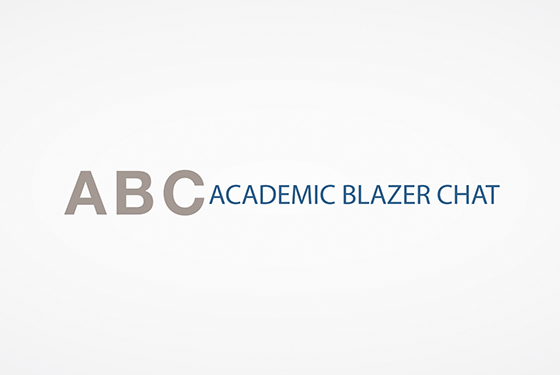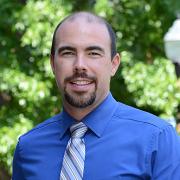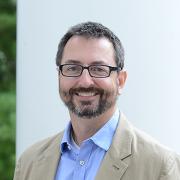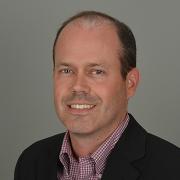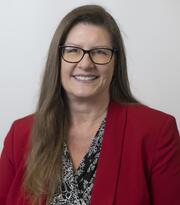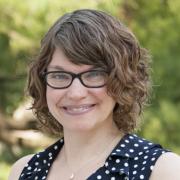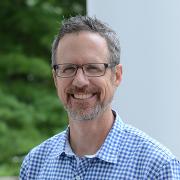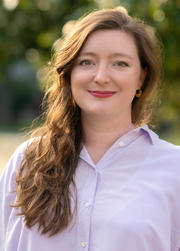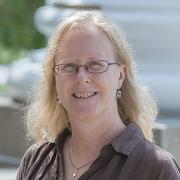
About this Program
The Master of Arts in Humanities program appeals to students with a variety of backgrounds. From educators and working professionals to retirees and lifelong learners, the program’s students share a passion for the humanities and engage in exciting interdisciplinary exchange as they pursue their particular interests in the fields of history, literature, art, music, philosophy and/or religion.
Program Overview
Tuition & Fees
Funding Opportunities
Professional Advancement, Personal Enrichment
Whether students seek to enhance their professional expertise or pursue a topic of personal interest, they find in the program exciting opportunities to realize their goals. For educators, the program offers advanced education in their particular content fields. Past and current students often share stories of how they apply course themes and readings in their own classrooms. To working professionals, retirees and lifelong learners, the program offers an opportunity to explore a topic of interest that falls outside their past education or current employment. From accountants and scientists to police officers and administrative professionals, many students have found in the program a chance to pursue a long-held personal interest in one or more humanities fields. Students may begin their studies in the fall, spring or summer terms. Courses may be taken on either a degree-seeking or non-degree seeking basis. (Contact the Graduate School for more details about the non-degree option).
Committed Faculty
A strength of the Master of Arts in Humanities program remains the quality of the faculty. All courses are taught by instructors who hold terminal degrees in their fields and are experts in subjects ranging from Renaissance literature, women's history and African-American studies to American and European history, Orientalism, classical and modern philosophy, indigenous peoples and film studies. These scholars, researchers and artists bring a passion for teaching and a desire to share their expertise as they help students pursue their unique interests and expand their understanding of the humanities. Aware of the needs of part-time graduate students, the faculty are committed to offering personalized instruction in small, evening classes.
Customized Interdisciplinary Curriculum
The M.A. humanities program offers a 30-credit curriculum that allows students to enrich their expertise in a particular field through both interdisciplinary exchange and specialized study. In the program's foundational proseminars, students examine the central concepts and texts that shape work in and across the core humanities disciplines of literature, history, art and music, and philosophy and religion. From this foundation, students then enrich their knowledge of a specific topic or field through elective courses and a final research project.
View our Hood Talks webinar on Monuments and Public Memory webinar with Humanities professor, Dr. Corey Campion.
Degrees Offered
- MA
Are you ready to go further?
To apply to the M.A. humanities program, please submit the following to the Graduate School:
- A completed application.
- Official copies of all college transcripts.
- A formal essay that discusses:
- The applicant's academic and professional interests; and
- How the M.A. humanities program will help the applicant achieve their specific academic, professional and or personal goals.
Given the importance of writing in the humanities, the essay is an important component of the application and should demonstrate the applicant's formal writing skills.
Transfer credit policy for admitted students
Students may transfer a maximum of 6 graduate credits from an external, accredited institution, or another Hood graduate program prior to the first semester of study in the current program. Please review the full graduate transfer credit policy in the College catalog.
Program Requirements
Required Proseminars:
All students must successfully complete the following proseminars, offered on a two-year cycle with one course offered each semester. Substitutions for these courses are not permitted and transfer credits will not be accepted as exemptions.
| FA 501 | Art and Music Proseminar: Aesthetics, Culture and History | 3.0 |
| HIST 501 | History Proseminar | 3.0 |
| LIT 501 | Literary Studies Proseminar: Tragedy, Ideology and the Tradition of Literary Criticism | 3.0 |
| PLRL 501 | Philosophy and Religion Proseminar | 3.0 |
| Total Credit Hours: | 12.0 |
Electives
Students must complete four or five 3-credit elective courses. Students completing the thesis option will take four elective courses. Students completing the portfolio option will complete five elective courses. Students can fulfill their elective requirements by taking a variety of the course types listed below. Note: specific elective offerings vary by semester and are communicated to the program's students ahead of registration each term. The internship option is a great opportunity for students in the program, but it is not a requirement to earn the degree.
| HUM 550 | Directed Readings | 3.0 |
| HUM 560 | Humanities Colloquium | 3.0 |
| HUM 597 | Humanities Internship | 1.0 - 3.0 |
| HUM 599 | Graduate Writing for the Humanities | 3.0 |
| Discipline-Specific 500-level course | 3.0 | |
| One graduate level course in a non-Humanities field | ||
| Total Credit Hours: | 12.0-15.0 |
Final Projects
In collaboration with their academic adviser(s), students will complete either a final portfolio project or a thesis. Substitutions for these courses are not permitted and transfer credits will not be accepted as exemptions. They will complete one of the following courses:
| HUM 594 | Humanities Portfolio | 3.0 |
| or | ||
| HUM 580A/HUM 580B | Humanities Thesis | 6.0 |
TOTAL CREDIT HOURS: 30.0
18-24 Months
Average Completion Time
30 Total Credits
Humanities awardee | Laura Stang, M.A.'25
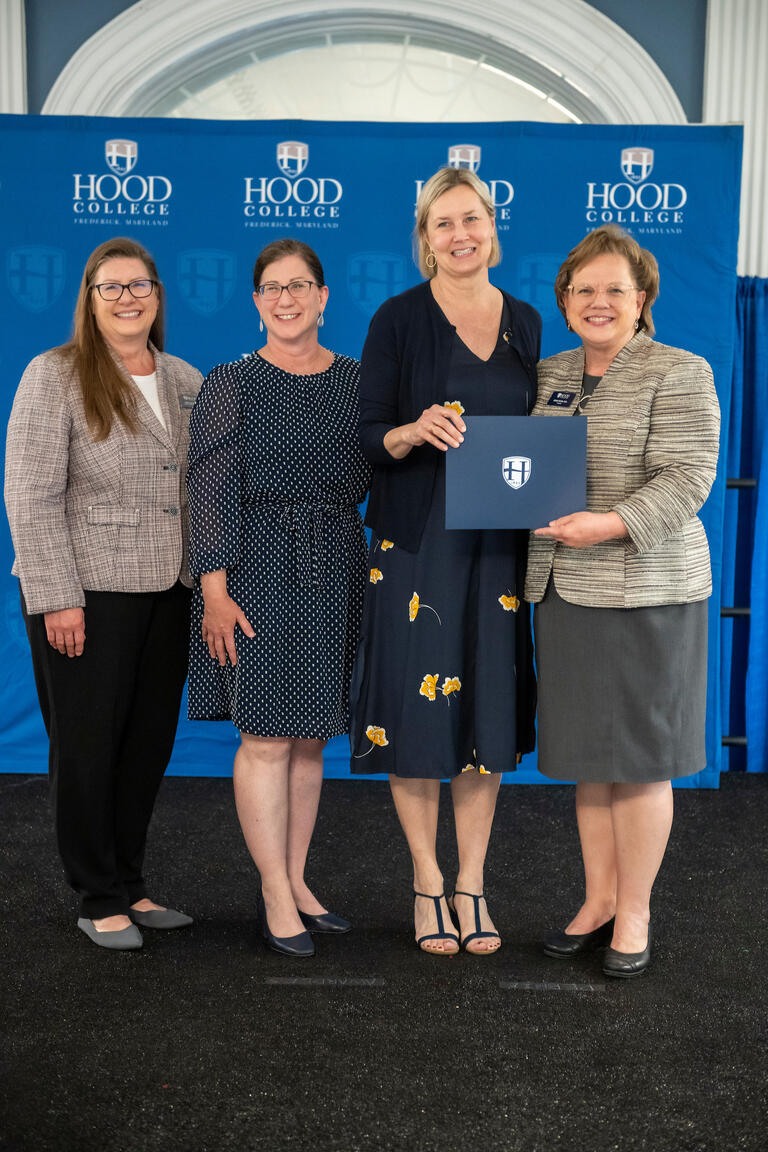
| Median Salary (Public Data) | Job Titles (Alumni Data) | Companies of Employment (Alumni Data) |
|---|---|---|
| $74,000 | Grant Writer | Frederick County Public School |
| HR Manager | Hood College | |
| Legal Assistant | Merrill Lynch & Company, Inc. | |
| Teacher | Technology Solutions Provider, Inc. (TSPI) | |
| Job Developer | Georgetown University |
Program Contact
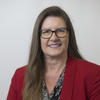
Program Director

Assistant Director of Graduate Admission
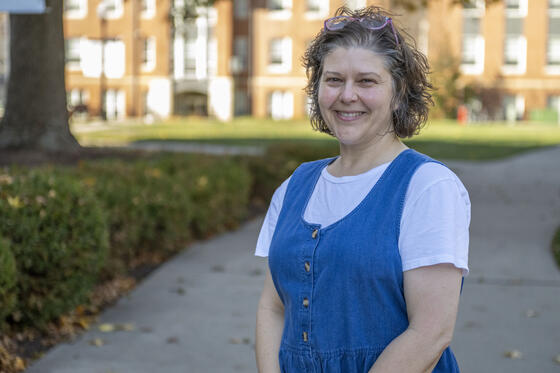
Graduate Student Spotlight | Kelly Esposito ’00
“My peers and professors in the humanities program have offered the support I needed to become more comfortable with being scared, which has made it possible for me to grow significantly while at Hood.”
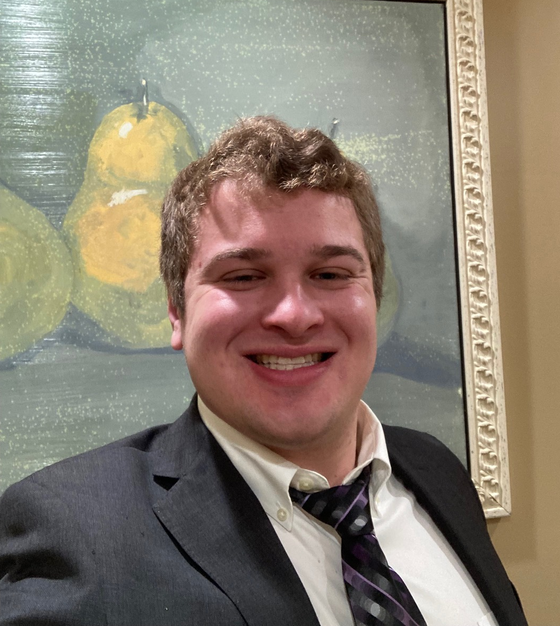
Graduate Student Spotllight | Cameron Rogers ’17
"Frederick is such a wonderful city to be close to, and Hood is such a welcoming place to study at. I feel so at home studying and working here. The staff are great people, and the programs are accessible. The classes are made with working adults in mind, so it isn't hard to balance a schedule around them."

